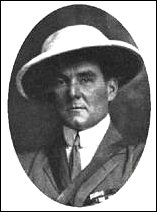The events of Sept. 11 found their way into a variety of media immediately after the attacks. Country musicians released flag-waving songs within weeks, and other musical tributes, poems, plays, documentaries and nonfiction books soon followed, including Bruce Springsteen's elegy "The Rising" and Michael Moore's incendiary film "Fahrenheit 9/11."
And while the attacks have already found a place in a handful of mysteries, spy novels and other works of mass-market fiction, only now are books being published that some literary critics are saying take the substantial risks needed to give them staying power.
The delay of more than three years reflects both the logistics of producing a bound volume of a lengthy manuscript and the more subtle, complex process of creating a novel.
"Some art forms, like poems or the drawings of Art Spiegelman, lend themselves to a more immediate treatment of an event like 9/11," said James Shapiro, a professor of English at Columbia University who has taught the "great books" curriculum there. "But a novel really has to do more. A novelist has to sustain a story that feels right to people who actually lived through the event, who have a sense of what really happened. It has to be more than just a recounting of the event."
By no means is that an easy task, of course. Joyce Carol Oates, the author and critic whose recent short story "The Mutants" dealt with a woman trapped in her Lower Manhattan apartment on 9/11, said novels might not be the art form best able to address the events of that day.
"This does seem to be about the right time for these novels to be coming out," Ms. Oates said. "But the greatest art form to deal with this might be film, because it can capture the hallucinatory nature of the long hours of that siege."

No comments:
Post a Comment